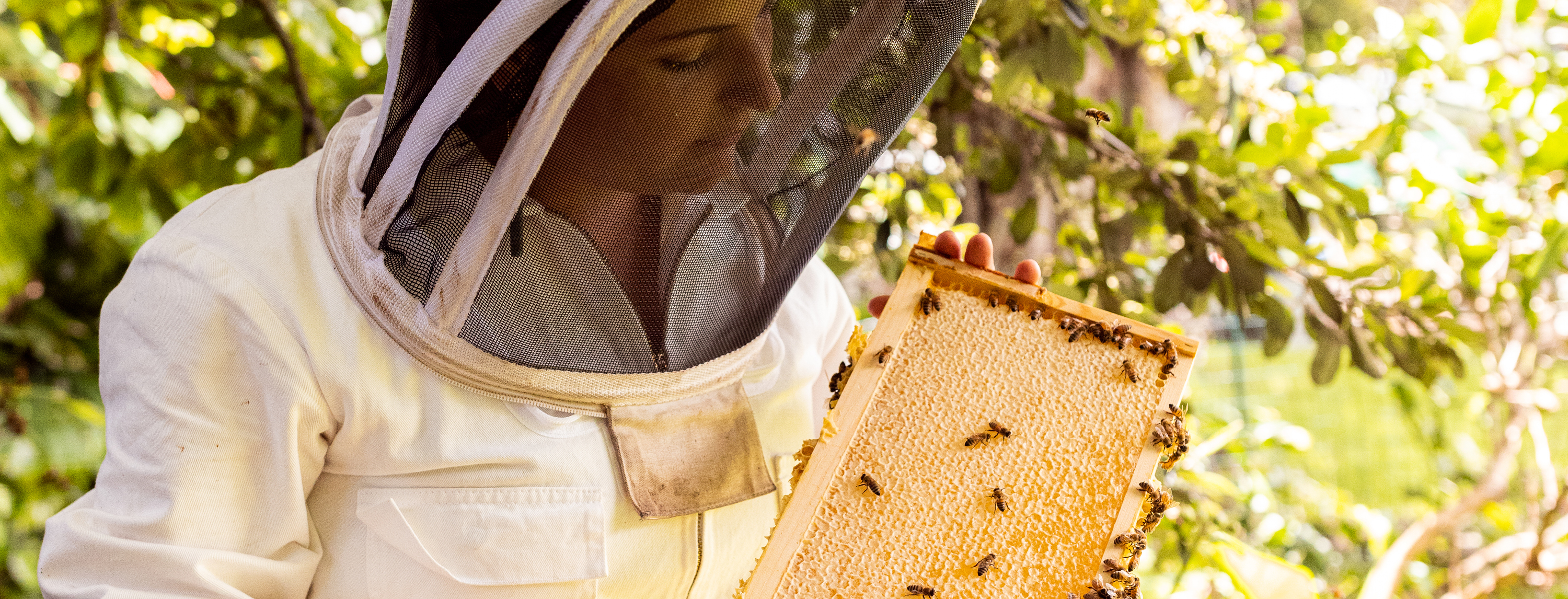

Comvita Limited

July 2023
Food products
Manufacturing
Australia,
China,
Hong Kong S.A.R.,
Japan,
Netherlands Antilles,
Netherlands The,
New Zealand,
South Korea,
Taiwan,
United Kingdom,
United States
Comvita is the global market leader in Mānuka honey and bee consumer goods. The company prides itself on the quality and efficacy of its products, backed up by scientific research. We have a team of over 500 people globally, with operations in Australia, China, North America, South East Asia, and Europe, and of course in Aotearoa New Zealand. Comvita's sustainability focus is centred around our purpose - to work in harmony with bees and nature in New Zealand to heal and protect the world. Our goals, strategies and how we will make a difference is set out in our Harmony Plan. We have pledged to be carbon neutral by 2025 and set science based carbon reduction targets. Creating a circular category is also a key priority. We are planting over two million native trees every year and act as guardians for the bees through our bee welfare code and bee rescue and bee education initiatives. We also work with various harmony partners, including Save the Wild and Save the Kiwi, to make a real difference in our community. This is further supported by our Time to Heal programme where all our staff can participate in community-focused activities.
Overall B Impact Score
Governance 17.7
Governance evaluates a company's overall mission, engagement around its social/environmental impact, ethics, and transparency. This section also evaluates the ability of a company to protect their mission and formally consider stakeholders in decision making through their corporate structure (e.g. benefit corporation) or corporate governing documents.
Workers 26.4
Workers evaluates a company’s contributions to its employees’ financial security, health & safety, wellness, career development, and engagement & satisfaction. In addition, this section recognizes business models designed to benefit workers, such as companies that are at least 40% owned by non-executive employees and those that have workforce development programs to support individuals with barriers to employment.
Community 16.1
Community evaluates a company’s engagement with and impact on the communities in which it operates, hires from, and sources from. Topics include diversity, equity & inclusion, economic impact, civic engagement, charitable giving, and supply chain management. In addition, this section recognizes business models that are designed to address specific community-oriented problems, such as poverty alleviation through fair trade sourcing or distribution via microenterprises, producer cooperative models, locally focused economic development, and formal charitable giving commitments.
Environment 17.2
Environment evaluates a company’s overall environmental management practices as well as its impact on the air, climate, water, land, and biodiversity. This includes the direct impact of a company’s operations and, when applicable its supply chain and distribution channels. This section also recognizes companies with environmentally innovative production processes and those that sell products or services that have a positive environmental impact. Some examples might include products and services that create renewable energy, reduce consumption or waste, conserve land or wildlife, provide less toxic alternatives to the market, or educate people about environmental problems.
Customers 4.8
Customers evaluates a company’s stewardship of its customers through the quality of its products and services, ethical marketing, data privacy and security, and feedback channels. In addition, this section recognizes products or services that are designed to address a particular social problem for or through its customers, such as health or educational products, arts & media products, serving underserved customers/clients, and services that improve the social impact of other businesses or organizations.